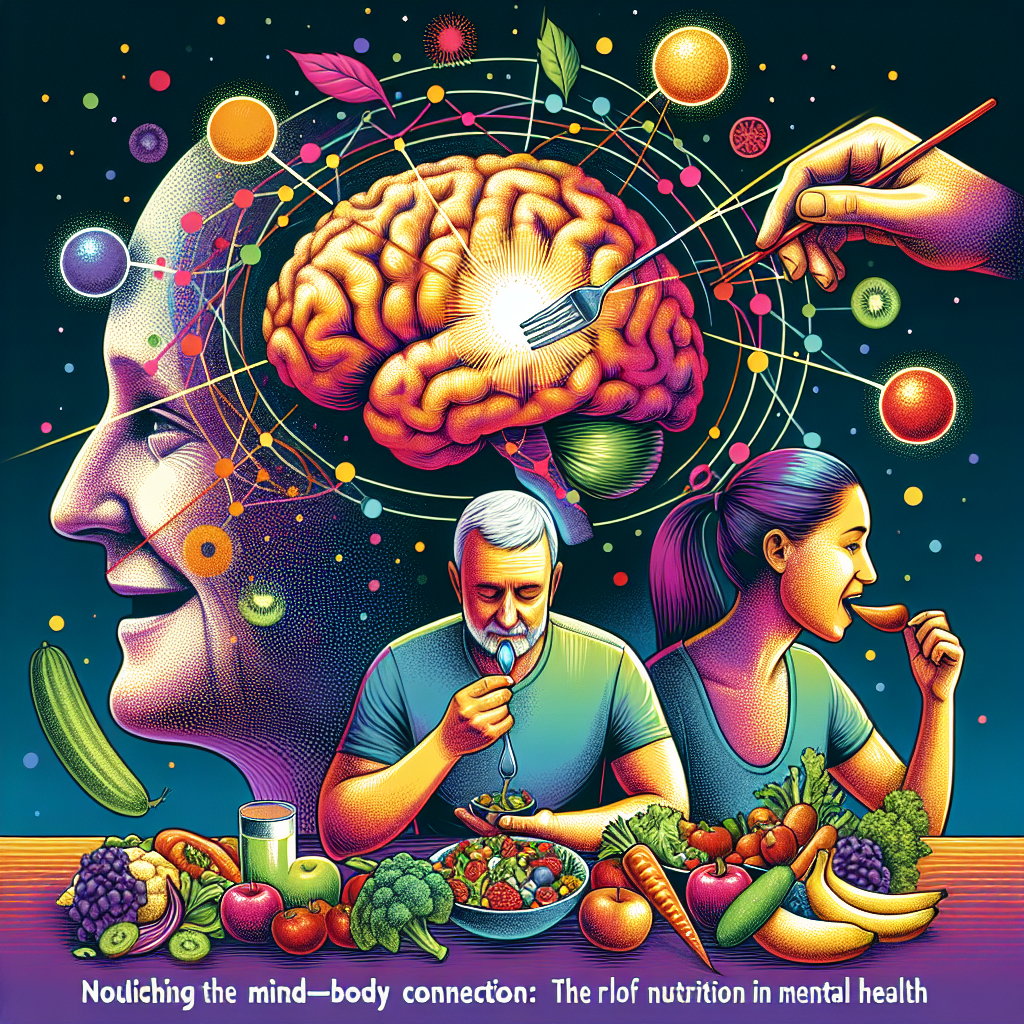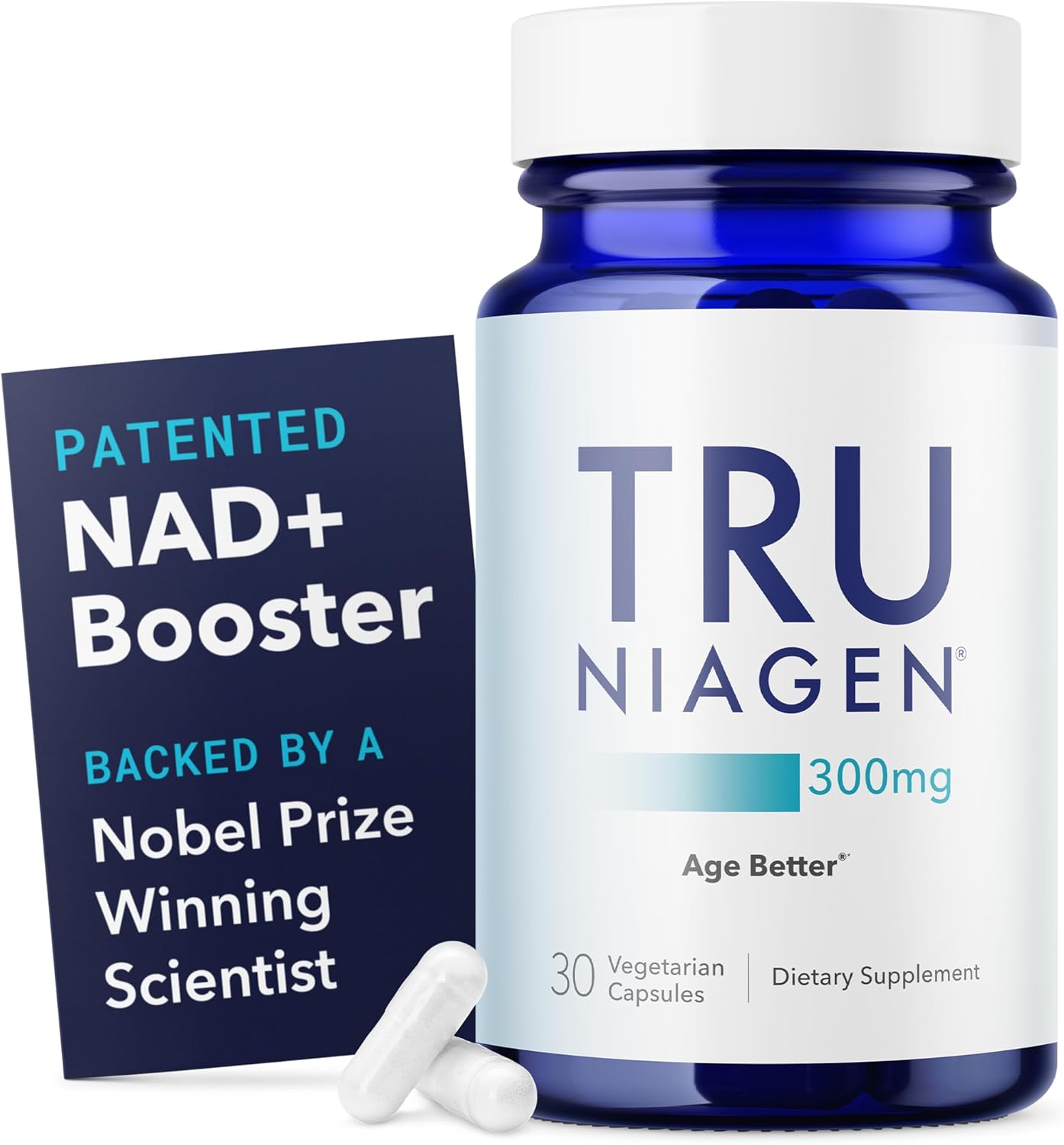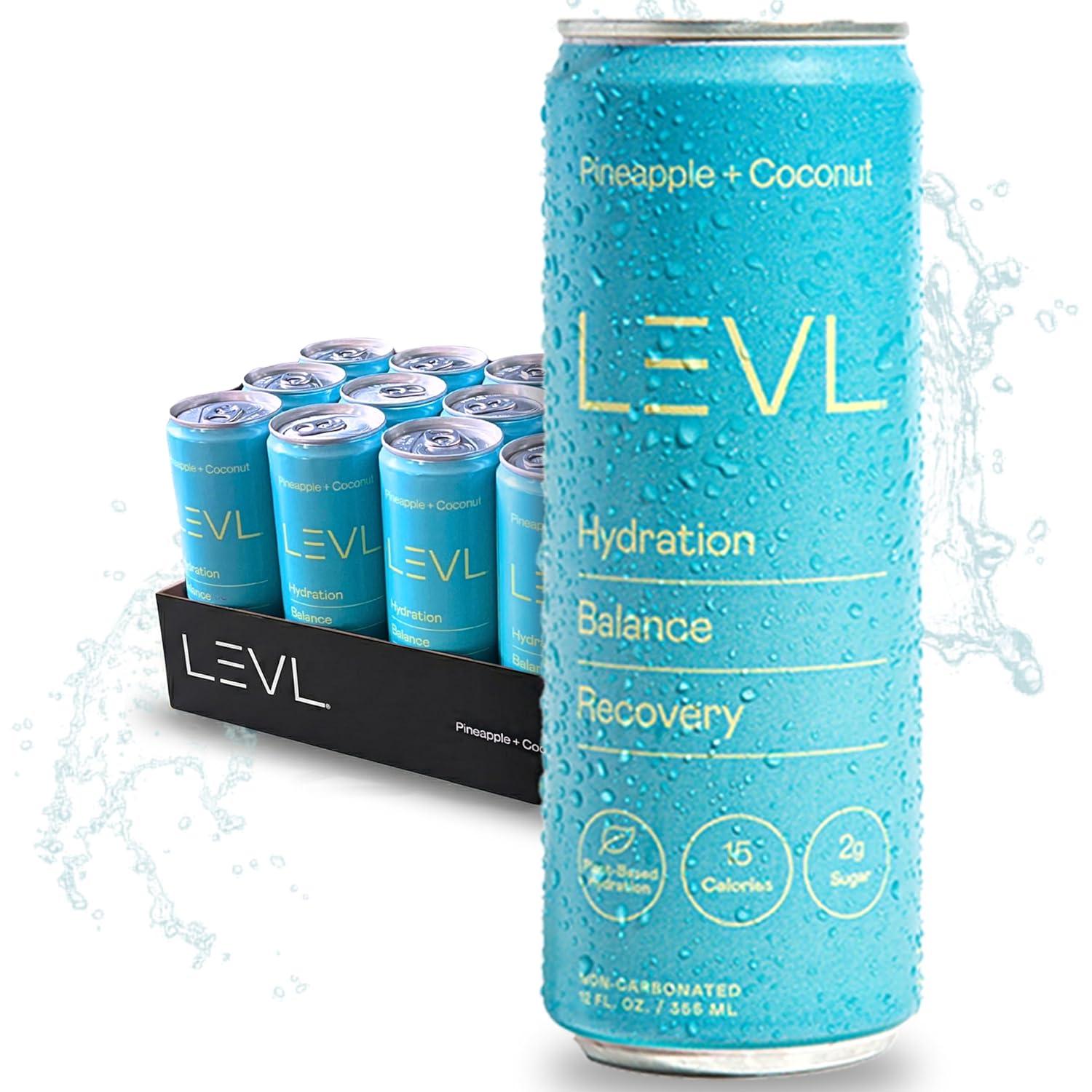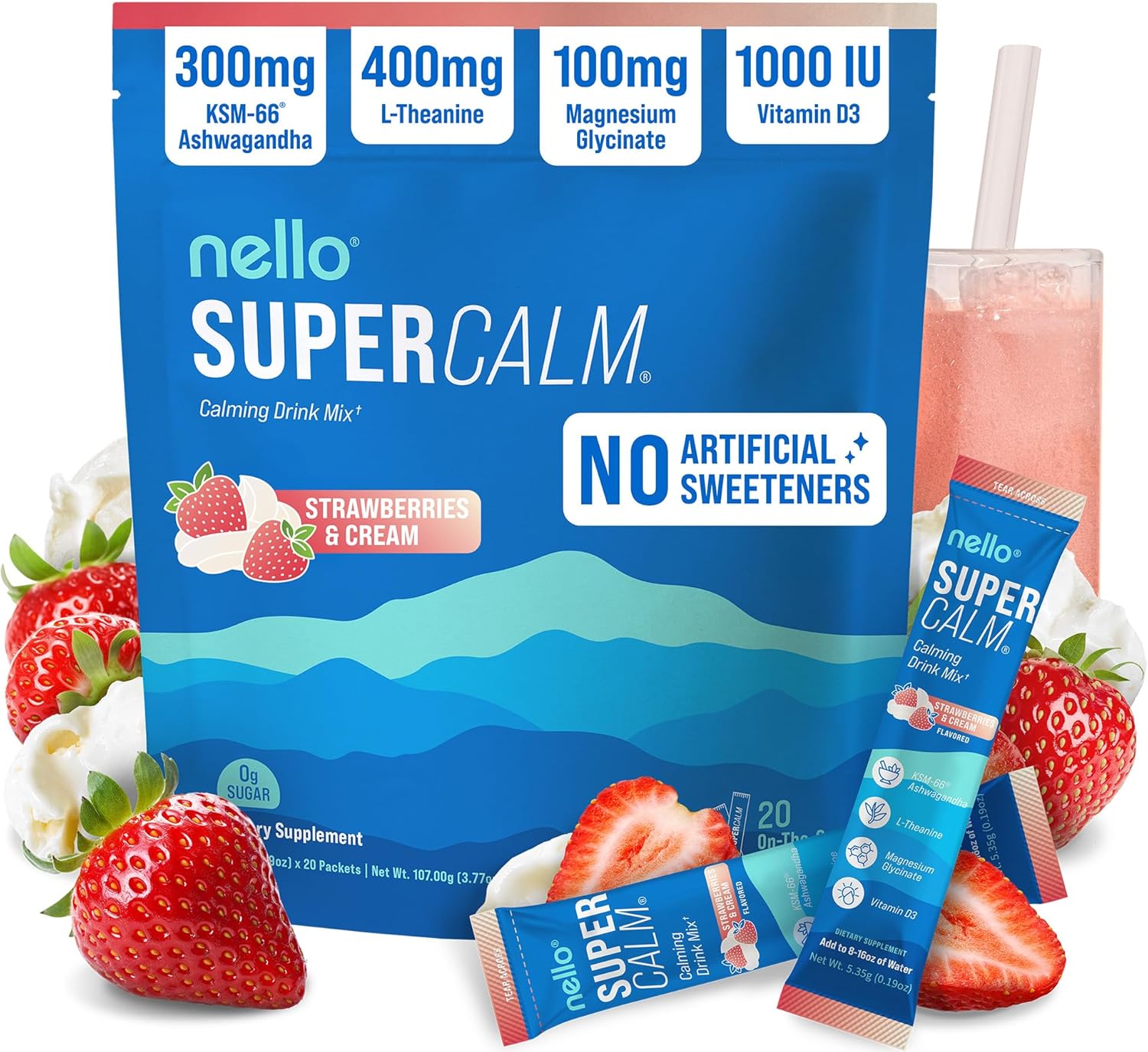In today’s fast-paced world, mental health awareness is becoming increasingly paramount. More than just a trendy topic, the relationship between nutrition and mental health is one that scientists and researchers are continuously exploring. As we delve deeper into understanding how the mind and body connect, it becomes clear that what we eat can significantly influence our mental well-being.
The Science Behind Nutrition and Mental Health
Research has shown that the food we consume can impact our mood, cognition, and overall mental health. The connection is largely attributed to the intricate interplay between the brain, gut microbiome, and our nutritional intake.
The Gut-Brain Axis
The gut-brain axis refers to the complex communication network linking the gastrointestinal tract and the brain. This connection has been found to play a vital role in various mental health conditions, including anxiety and depression.
Healthy gut bacteria, which thrive on a balanced diet, can produce neurotransmitters like serotonin—often termed the “feel-good” chemical. About 90% of serotonin is produced in the gut, making it imperative to consume a diet rich in probiotics and fiber to support gut health.
Essential Nutrients for Mental Well-Being
Many vitamins and minerals play a key role in maintaining optimal brain function and mood regulation. Here are some essential nutrients that can help nourish the mind:
- Omega-3 Fatty Acids: Found in fatty fish, flaxseeds, and walnuts, omega-3s are crucial for brain health. Studies suggest they can reduce symptoms of depression and anxiety.
- B Vitamins: Vitamins like B6, B12, and folate are vital for neurotransmitter function. A deficiency can lead to mood disorders. Foods like leafy greens, eggs, and beans are excellent sources.
- Vitamin D: Known as the “sunshine vitamin,” Vitamin D is also essential for mood regulation. Insufficient sunlight exposure can lead to deficiencies, particularly in winter months.
- Magnesium: This mineral helps manage stress and anxiety levels. Nuts, seeds, whole grains, and dark chocolate are rich sources.
- Amino Acids: The building blocks of proteins, amino acids such as tryptophan can influence serotonin levels. Foods like turkey, chicken, and dairy contain these essential components.
The Power of Whole Foods
Choosing whole, unprocessed foods can have profound effects on mental health. Diets rich in fruits, vegetables, whole grains, lean proteins, and healthy fats can provide the necessary nutrients for optimal brain function. Here’s how they contribute:
- Fruits and Vegetables: These are loaded with antioxidants that combat oxidative stress in the brain, leading to improved cognitive function.
- Whole Grains: Foods like oats and brown rice release glucose slowly, providing a steady energy supply to the brain.
- Lean Proteins: Foods like chicken, fish, and legumes offer amino acids essential for neurotransmitter production.
- Nuts and Seeds: A great source of healthy fats and magnesium, which helps to regulate mood and decrease anxiety.
Foods to Avoid for Mental Clarity
Just as certain foods can enhance mental health, others can detract from it. Here are some foods to limit:
- Processed Foods: High in sugar and unhealthy fats, they can lead to inflammation and mood swings.
- Excess Caffeine: While some caffeine can enhance mood, too much can lead to increased anxiety and jitters.
- Alcohol: Initially a depressant, alcohol can worsen anxiety and depressive moods over time.
- Refined Sugars: Foods high in sugar can lead to energy crashes and mood swings.
The Role of Hydration
Staying hydrated is crucial not only for physical health but also for mental clarity. Dehydration can lead to fatigue, confusion, and irritability. Here are some tips to ensure proper hydration:
- Start your day with a glass of water.
- Carry a reusable water bottle to track your intake.
- Incorporate water-rich foods, such as cucumbers and watermelon, into your diet.
Mindful Eating: A Key to Well-Being
Mindful eating goes beyond just choosing the right foods—it’s about being present during meals. This practice can improve digestion, enhance satisfaction, and reduce emotional eating. Here are some suggestions for incorporating mindfulness into your eating habits:
- Savor Every Bite: Take the time to appreciate the flavors and textures of your food.
- Limit Distractions: Avoid screens during meals to focus on the act of eating.
- Listen to Your Body: Recognize hunger and fullness cues to prevent overeating.
Conclusion
Nutrition plays a pivotal role in nurturing the mind-body connection. By understanding the impact of what we eat on our mental health, we can make informed choices that enhance our overall well-being. Incorporating whole foods, essential nutrients, and practicing mindful eating can lead to improved mood, reduced anxiety, and a more resilient mind. Remember, your journey towards a healthier mind starts on your plate!
FAQs
What are the best foods for mental health?
Foods rich in omega-3 fatty acids, B vitamins, antioxidants, and whole grains are excellent for mental health. Incorporate fatty fish, leafy greens, nuts, and fresh fruits into your diet for optimal brain function.
Can diet really affect my mood?
Absolutely! The nutrients you consume can influence neurotransmitter levels and hormonal balance, which play a significant role in regulating mood.
Is it possible to improve mental health with diet alone?
While a healthy diet can significantly enhance mental health, it’s usually most effective when combined with other treatments, such as therapy or medication, if necessary.
How important is hydration for mental health?
Staying adequately hydrated is critical for maintaining cognitive function, mood stability, and overall mental clarity. Dehydration can lead to fatigue and irritability.





